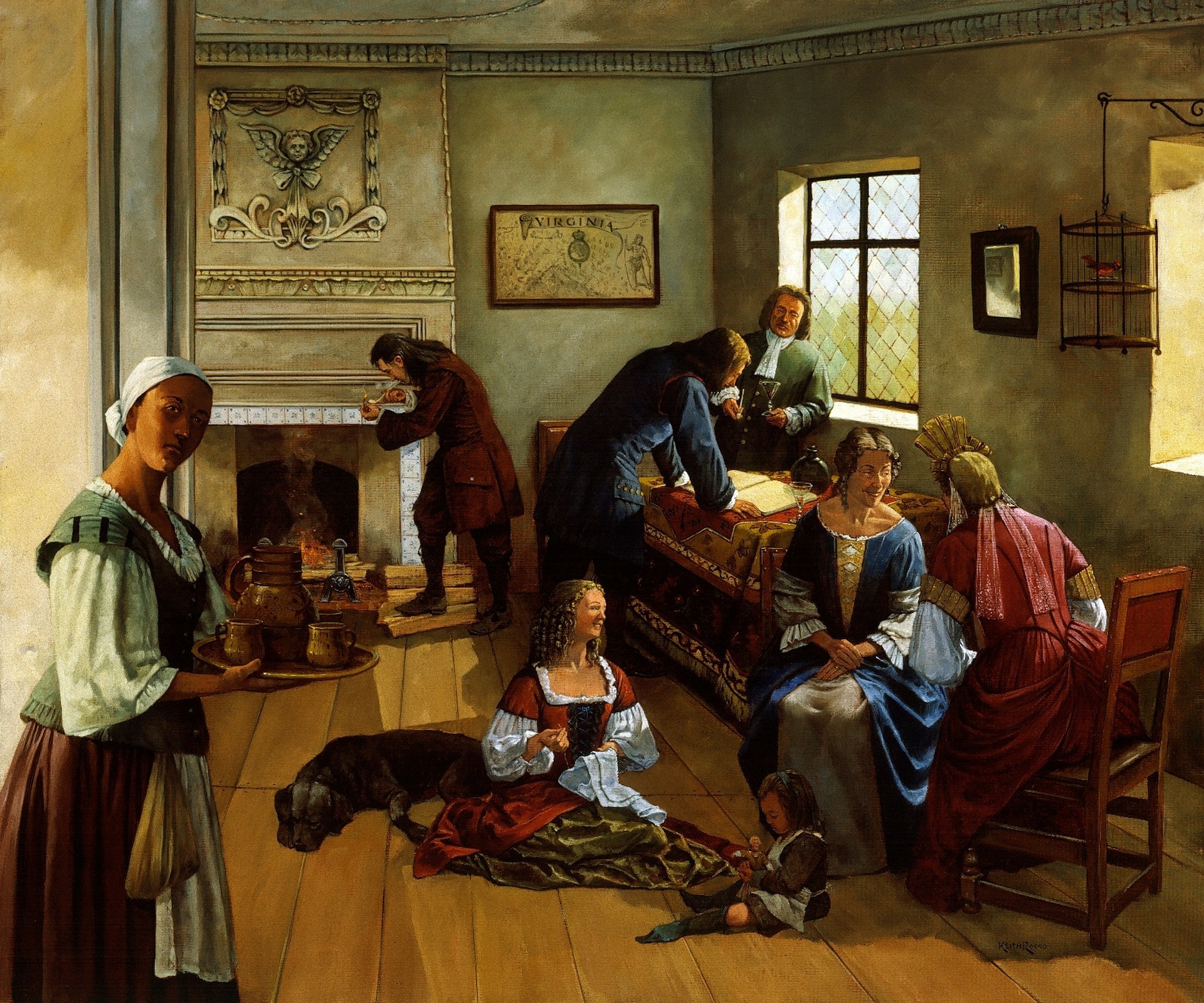“Who can be sentimental and hungry?”: Western Temporal Deviations and Reimaginations of Sentimentality in an “incipient Eden

The Culture of Sentiment, a movement whose vigor is encapsulated in Harriet Beecher Stowe’s famous assertion to her white audience to “feel right”, has often been considered as a homogeneous phenomenon among white American women in the nineteenth century. Studies that explore departures from this culture primarily assume a racial focus—the latest of which is Xine Yao’s Disaffected: The Cultural Politics of Unfeeling in Nineteenth-Century America. My project turns inward. Examining variations in the temporal logic of sentimentality in the works of white women from the Northeast, South and West, I seek to shed light on the fractures in the culture of white sentimentality—temporal divergences that manifest as regional differences. In this paper, I focus on women’s writings on/from the West. In A New Home; Who’ll Follow, I trace Caroline Kirkland’s move away from the notions of clock time that was characteristic of northeastern sentimentality as she becomes increasingly “western” to an embodiment of natural forms of time, which she argued reflects “the original principles of society.” This attempt to distinguish the sentimentality of western women from that of their northeastern counterparts and to present it as a truer form of sentimentality is emphasized in other works like Lincoln Phelps’s Caroline Westerly, or, The Young Traveller from Ohio.
Charlotte Hand is a DPhil candidate at the University of Oxford. She is a current scholar of the Rothermere American Institute and the inaugural recipient of the Drue Heinz Scholarship. Her interest includes nineteenth-century American literature, history of the book, gender and sexuality in the U.S., and temporal and regional politics. Her work on Godey’s Lady’s Book, “Reorienting ‘Lost’ Time: Reading Godey’s Lady’s Book in the American Civil War”, has been published by Johns Hopkins University Press.

